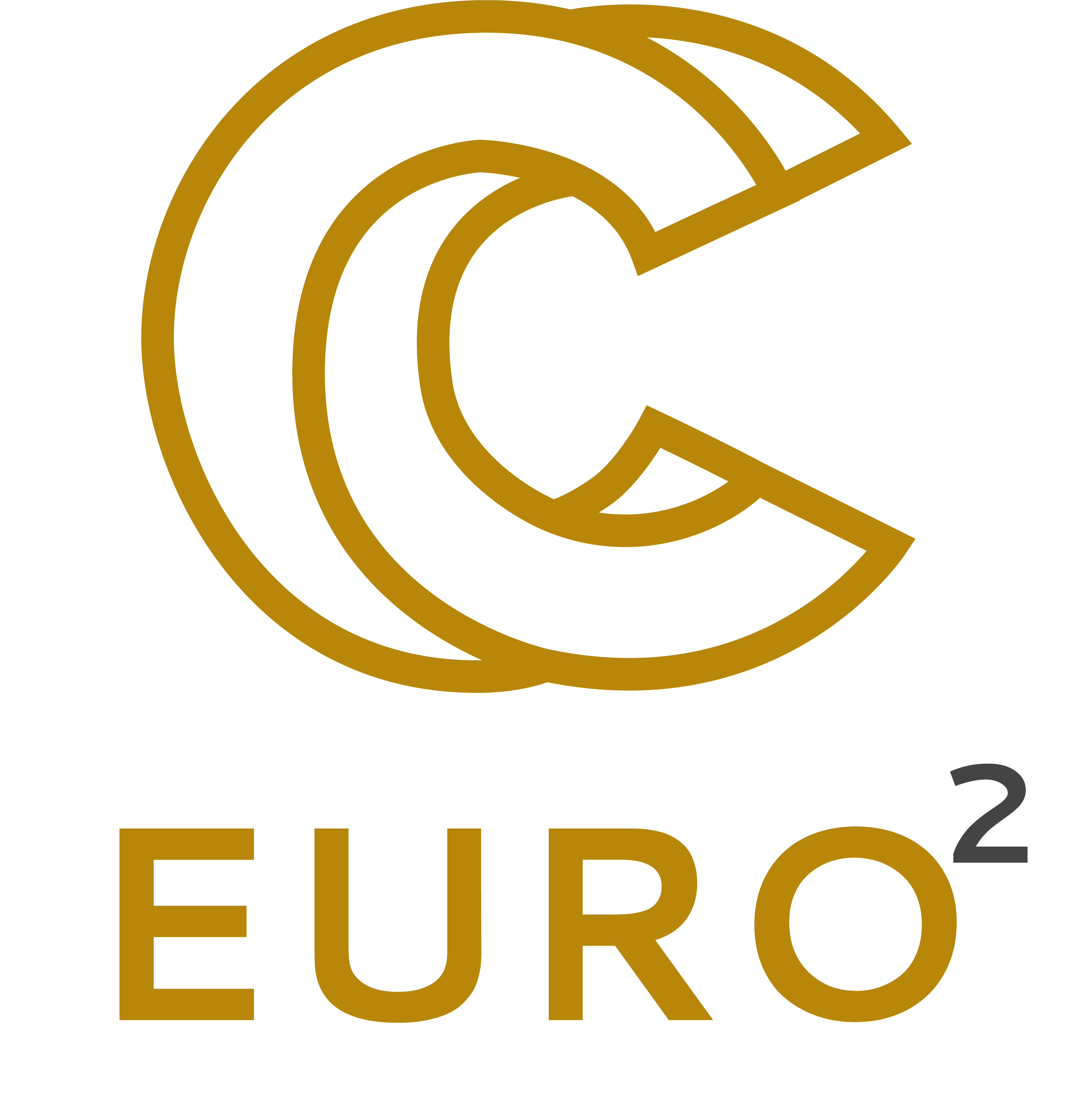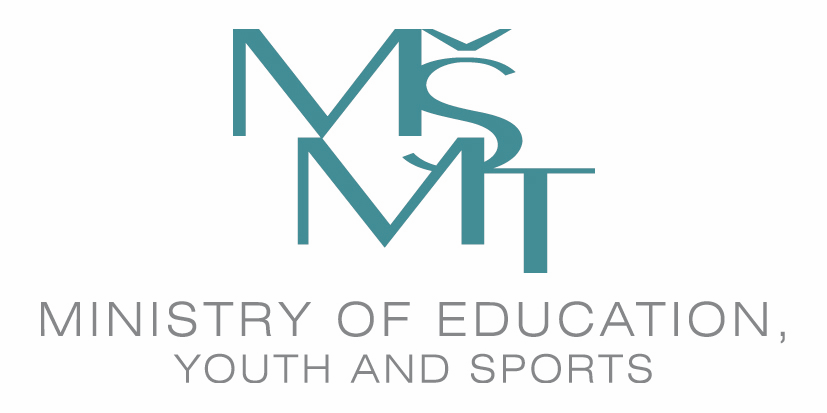
Annotation
SLURM is a workload manager used to allocate jobs on Barbora and Complementary systems. It will also be used on Karolina since September 2023.
This introductory course is designed to help the users seamlessly migrate from the PBS scheduler to this newly installed job management system. The course describes the SLURM fundamental concepts, its job submission process, terminology, and environment variables.
Benefits for the attendees, what will they learn
After the course, attendees should be able to efficiently create, submit, monitor, and manage computational jobs using SLURM efficiently. The special focus will be on describing the differences between PBS and SLURM and how to transform PBS scripts into SLURM.
Level
All
Language
English
Prerequisites
Basic knowledge of Linux, Unix, bash, and HPC infrastructure. Attendees will be provided with training accounts on HPC clusters and can try out the demonstrated features.
Tutors
Ondřej Meca, Vojtěch Gubani
Ondřej Meca holds a PhD degree in Computer Science from VSB - Technical University of Ostrava, Czech Republic. He is currently a member of the Infrastructure Research Lab at IT4Innovations National Supercomputing Center. His research interests include verifying parallel algorithms, developing pre/post-processing algorithms for large-scale engineering problems, and developing highly-scalable linear solvers.
Vojtěch Gubani is an employee of IT4Innovations National Supercomputing Centre at VSB-TU Ostrava. He is a member of the supercomputing center support team, where he processes user requests and provides technical support for the Barbora and Karolina HPC clusters.
Acknowledgements

This project has received funding from the European High-Performance Computing Joint Undertaking (JU) under grant agreement No 101101903. The JU receives support from the Digital Europe Programme and Germany, Bulgaria, Austria, Croatia, Cyprus, Czech Republic, Denmark, Estonia, Finland, Greece, Hungary, Ireland, Italy, Lithuania, Latvia, Poland, Portugal, Romania, Slovenia, Spain, Sweden, France, Netherlands, Belgium, Luxembourg, Slovakia, Norway, Türkiye, Republic of North Macedonia, Iceland, Montenegro, Serbia. This project has received funding from the Ministry of Education, Youth and Sports of the Czech Republic.


This course was supported by the Ministry of Education, Youth and Sports of the Czech Republic through the e-INFRA CZ (ID:90254).
All presentations and educational materials of this course are provided under the Creative Commons Attribution-ShareAlike 4.0 International (CC BY-SA 4.0) license.
![[ONLINE] Adopting SLURM: Transitioning from PBS Scheduler (EuroCC)](/event/199/logo-3264908871.png)
